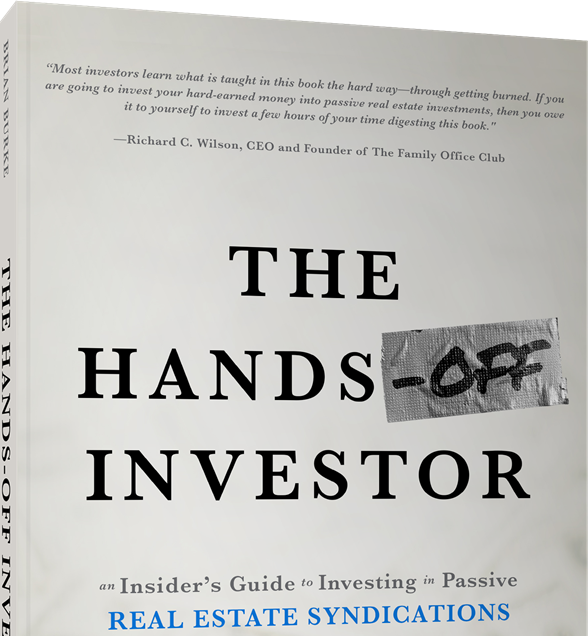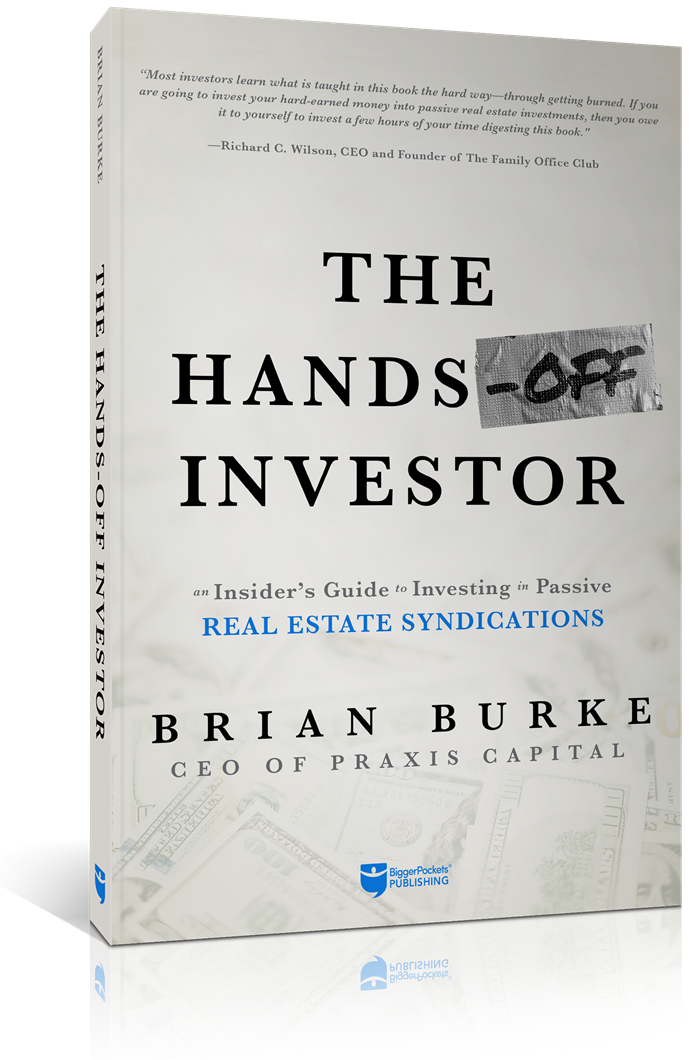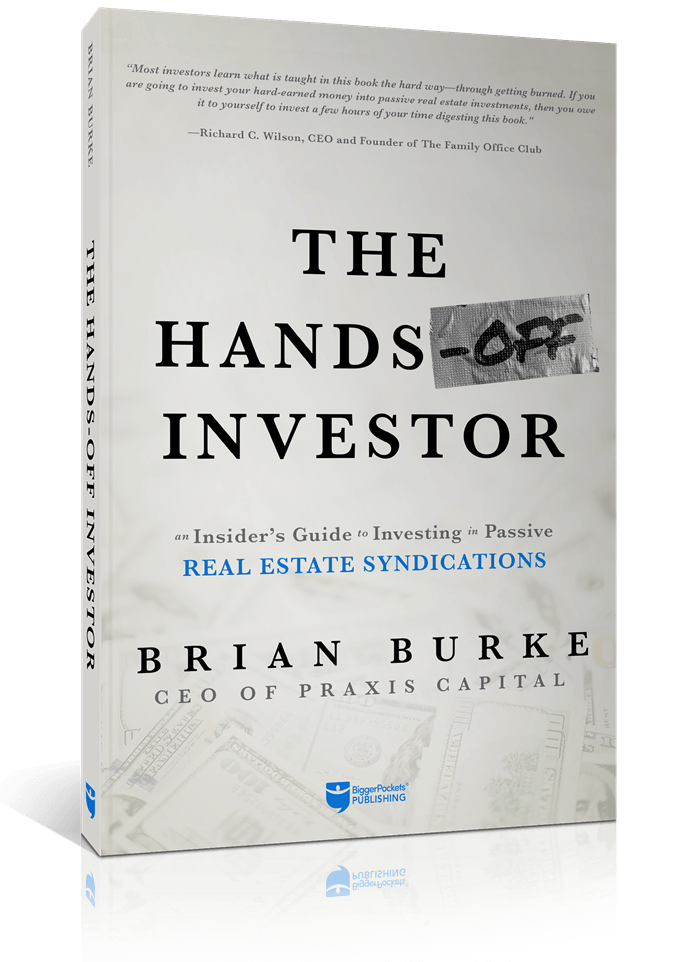New Taxes On Unrealized Gains & The Investment Strategies To Apply Now

A newly proposed annual tax on unrealized investment gains has been floated as a way to pay for the new $3.5T infrastructure bill. How might it change the best investment strategies?
Taxes, Taxes, Taxes
It has already been a long year of new taxes, tax hikes, and even more tax proposals. As well as attempts to repeal tax breaks and savings that have been enjoyed for decades.
While it was claimed that the new $3.5T spending bill wouldn’t cost us anything, now it appears the government feels it needs another new tax to pay for it. This time in the form of annual taxes on unrealized investment gains.
Normally of course you don’t pay taxes on gains until you sell assets and establish a profit. This changes the game.
Obviously this proposal is very controversial, and still very opaque, with many potential problems. Such as how values will be established to tax unrealized gains. As well as the fact there has been no mention of tax rebates in years when you may have unrealized paper losses.
So, if passed, how might this impact the best investment strategies?
Real Estate
Real estate has long been a top choice for investors wanting to maximize their tax savings. It offers many layers of potential tax breaks. Depreciation being just one of them.
Serious real estate investors may also be able to leverage other exemptions, and deductions, such as 1031 exchanges, reinsurance and charitable donations.
Flipping
For some, if you will be taxed every year on unrealized gains anyway, it may just make sense to focus on flipping and actually putting realized gains in the bank and reinvesting them. At least this way you’ll have the lump sums of cash to cover those taxes. This doesn’t just apply to homes either. It can be value add and opportunistic investments in apartments, commercial property and entire new home developments too.
Income Property
There may also be phases of the market, sectors or locations which may see slower growth than others, or even paper declines. This isn’t a bad thing if you are avoiding steep taxes on unrealized equity gains. Especially if you are able to extract consistent and even rising cash flow from rents, regardless of fluctuating paper valuations.
Summary
Taxes are rising. New ones are coming from all angles. Fortunately, there are still great asset classes, and investment strategies that can be used to minimize tax liability, and to keep more of what you make.




























